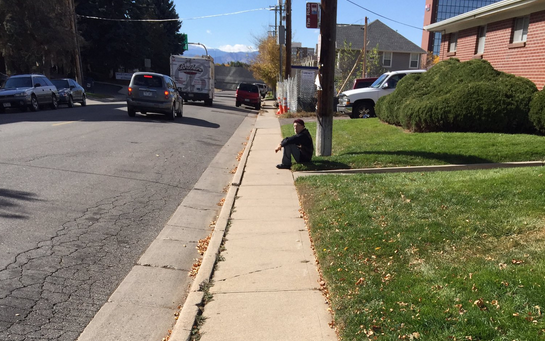RTD Board Members Want a Better Fare Pass Program. Will They Rock the Boat to Get It?

Several members of the RTD Board of Directors are concerned that changes to the agency’s fare pass program might adversely affect the agency’s budget. Only District L Director Lorraine Anderson, however, has hinted at going after additional funds to make ends meet.
The RTD Pass Program Working Group is tasked with making the agency’s complicated bulk transit pass program fairer without spending one additional cent. The goal is to make transit more accessible for low-income residents and young people, but without more resources, it could lead to less ridership from other groups and dent RTD’s revenue.
Discount bulk passes are currently available for companies, city governments, and colleges to purchase for their employees and students. Incentives are harder to come by for low-income residents and kids who lack connection to larger institutions.
Within RTD’s current budget constraints, adding an income-based pass and a youth pass would cut into its business and college EcoPass programs, which are stable sources of ridership and revenue.
“That really will undermine, in my mind, our ability to provide services,” District O Director Charles Sisk told the Board Tuesday at its weekly meeting. “I think that eviscerates, in many ways, RTD’s ability to provide services, not only for EcoPass (customers) but also for the people that are less fortunate.”
Sisk has a point about tradeoffs, but he and the rest of the RTD Board, not to mention RTD General Manager and CEO Dave Genova, chose not to support a bill that would raise $10 million in state funds that could pay for a low-income pass program.
The Colorado Fiscal Institute presented the bill [PDF] during a legislative committee at the Capitol last month. Thirteen people — most of whom rely on transit — told state senators and representatives that they support the bill. Just one person, a lobbyist for the Colorado Retailers Council, spoke against it.
“If you think it is a public benefit, then the public needs to pay for it,” District L Director Lorraine Anderson said. “I think this is a legislature issue and a United States Congress issue. It is not RTD.”
The measure could still reach the floor of the legislature during the 2018 session. That means RTD could throw its weight behind the new funding stream. Anderson, who was calling in on speaker phone, did not say whether she was referring to that specific bill.
The 26-person working group, which includes heavy hitters from the business sector, housing and transit advocates, transportation planners, educators, and government officials, has been meeting since March to come to a consensus. Board members have not participated in these meetings, but are now looking to play a more hands-on role.
“I think it’s appropriate that the board have an opportunity, to the extent that we might see the need for a mid-course correction, to do that,” District H Director Doug Tisdale said.
The working group is expected to make its recommendations in the first quarter of 2018, at which point the Board will vote on changes to the bulk pass programs.


